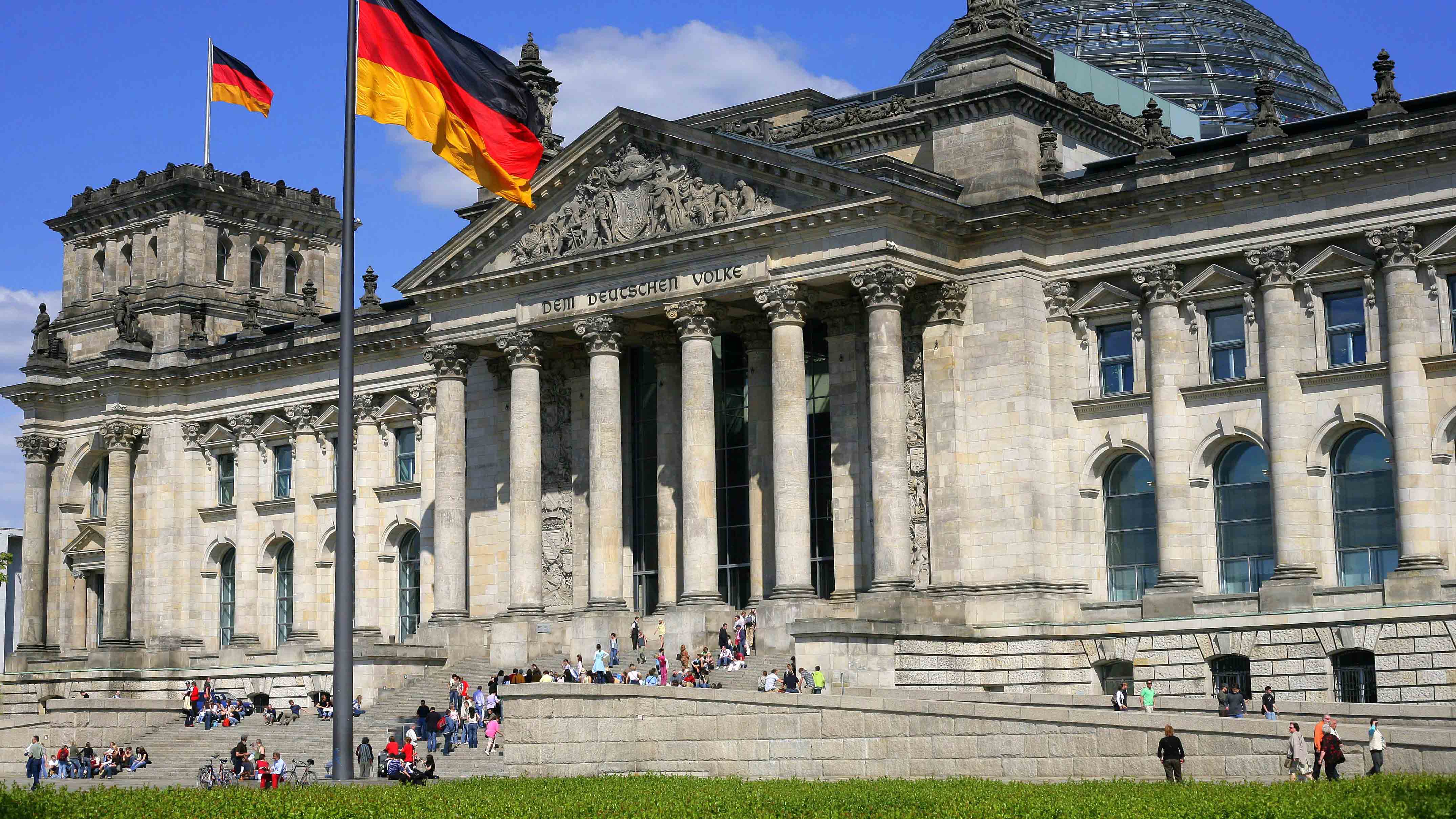Combine economy and ecology
The objective of the bioeconomy is to combine economy and ecology to ensure a more sustainable use of resources. The German Federal Government defines the bioeconomy as the production, exploitation and use of biological resources, processes and systems to provide products, processes and services across all economic sectors within the framework of a future-oriented economy.
Innovations in the bioeconomy unite biological knowledge with technological solutions and utilise the inherent properties of biogenic raw materials such as their natural cycles, renewability and adaptability. The bioeconomy harbours the potential to provide new kinds of products and processes that protect natural resources and ensure our future prosperity.
In order to achieve sustainable economic growth, bioeconomy resorts to two fundamental principles: it is based on sustainably produced, renewable natural resources, and on bio-based innovations. A technically feasible and, at the same, more resource-efficient and bio-based structural transformation within industry is consequently not only imaginable, but also well capable of cost-efficient implementation. Alternatives to fossil raw materials, as well as the utilisation of renewable resources in industrial process engineering, new approaches are becoming apparent in our time. Solutions are necessary that combine economic growth with global responsibility for world nutrition and for the protection of our environment and climate as well as for animal welfare – and that allow a holistic perspective. To achieve this, structural change must take place throughout society that links economic growth and ecological compatibility.
Germany spearheading the bioeconomy
As a focal point for technology and research, Germany has set itself at the vanguard of this movement and occupies a leading international position. In 2010, it became one of the first countries to publish its National Research Strategy Bioeconomy 2030: a six-year strategy designed for the implementation across policy areas. The strategy accordingly set a specific course for biobased transformation of industry and society and was developed under the direction of the Federal Ministry of Education and Research (BMBF), together with six further ministries. From 2010 to 2016, €2.4 million was provided for research and development.
In its National Policy Strategy on Bioeconomy, enacted by the Federal Cabinet in 2013, the German Government set an additional milestone for a bio-based and sustainable economy. This strategy was prepared under the direction of the Federal Ministry of Food and Agriculture for implementation across policy areas.
In January 2020 the German Federal Government published the new National Bioeconomy Strategy. The strategy lays down the guidelines and objectives for its policy on the bioeconomy and lists measures for their implementation. The strategy builds on the National Research Strategy ‘BioEconomy 2030’ and the National Policy Strategy on Bioeconomy to weave the various political strands together in a coherent framework. The National Bioeconomy Strategy lays the foundations for Germany to strengthen its role as a bioeconomy leader and to create the technology and jobs of tomorrow. With the strategy, the German Federal Government also assumes its global responsibility in the interconnected international bioeconomy.
Two overarching guidelines support the objectives and actions set out in the National Bioeconomy Strategy. The first guideline highlights how biological knowledge and advanced technology are the pillars of a future-oriented, sustainable and climate-neutral economy. The second guideline relates to the raw materials used by industry and the need for a sustainable and circular economy based on the use of biogenic resources.
